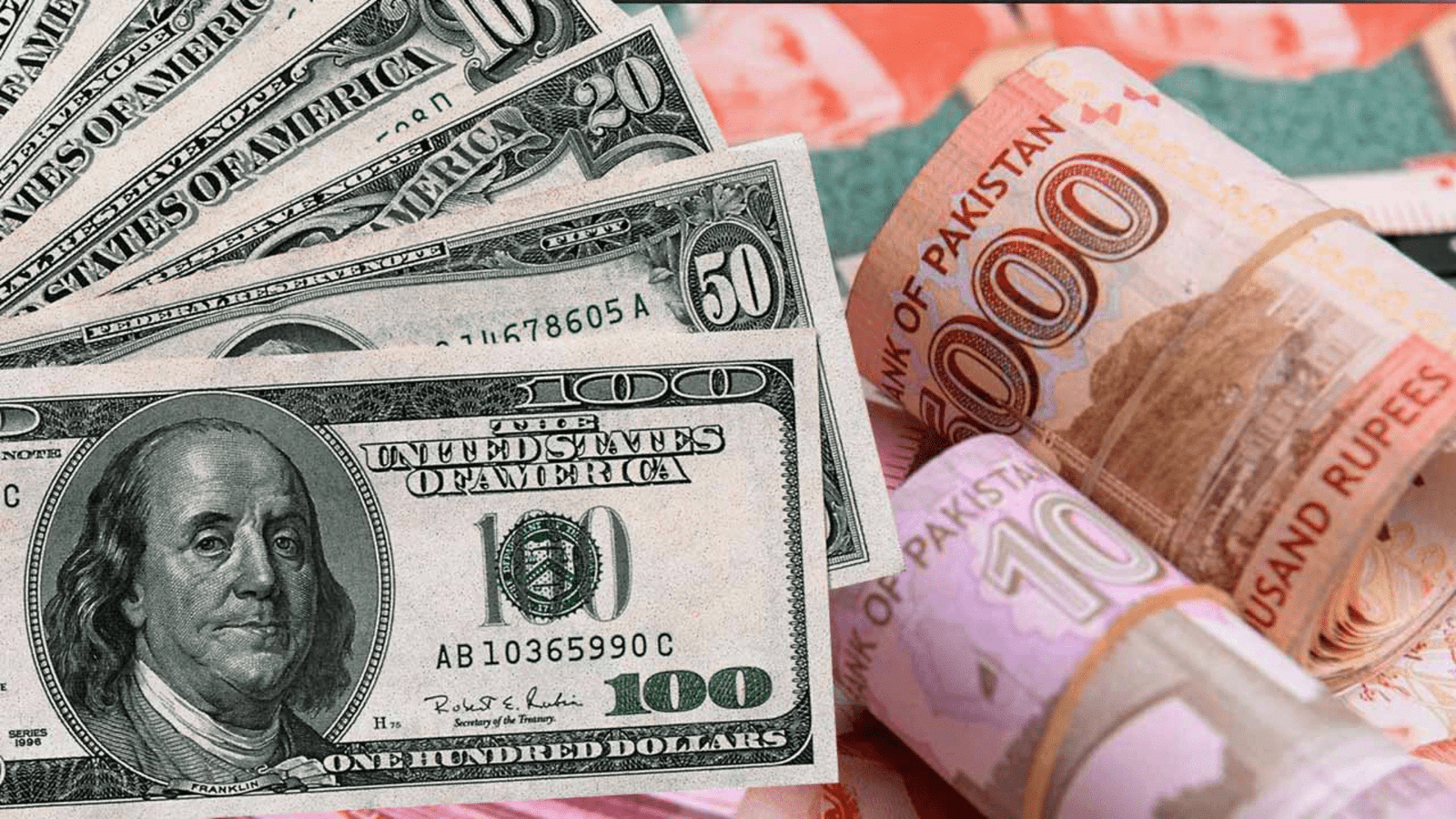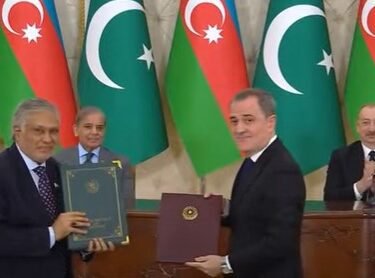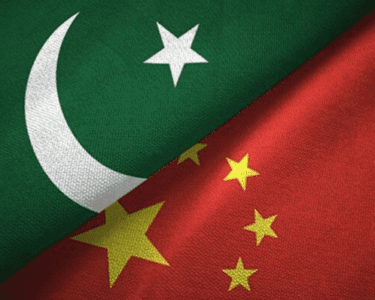WEB DESK: Exporters in Karachi are swiftly offloading their dollars amidst worries of potential depreciation of the US currency, resulting in a surplus of the greenback in banks, as reported by Dawn news on Friday.
According to media reports, the move follows a notable surge in export proceeds flooding the currency market, which is exerting pressure on exchange rates.
Some banks, known as export banks due to their extensive network of exporters, are experiencing a significant increase in dollar inflows from these exporters. Experts are also suggesting further devaluation of the USD, a scenario that exporters are keen to avoid.
The Pakistani rupee has displayed signs of strengthening against the dollar over the past three months, closing at Rs 277.93 on Thursday, marking a decrease of around Rs 3 in the interbank market during this period.
Moreover, forward premiums for six-month and three-month currency exchange rates have witnessed significant declines, dropping to Rs 14 and Rs 8 per dollar respectively within the fiscal year.
In response to these developments, the government is taking measures to mitigate further dollar depreciation to support exporters. Importers, anticipating potential future costs, are securing dollars at adjusted premiums for varying periods to manage their import requirements.
Read More: PIA privatisation offers investment prospects: Minister Aleem
Furthermore, banks are adhering to the State Bank of Pakistan’s (SBP) directive to provide dollars to importers only when funds are available in their accounts. This policy has led to reduced imports, contributing to decreased trade and current account deficits, with importers still facing restrictions on certain essential and non-essential imports.
Despite the SBP expanding the list of essential imports, importers argue that restrictions have significantly impacted economic growth. Pakistan heavily relies on imports of raw materials for its domestic and exportable products, with low imports and high inflation leading to reduced consumption and negative growth in the previous fiscal year.
Meanwhile, the SBP reported a $19 million increase in reserves to $8.04 billion, attributing the improvement to dollar purchases from the interbank market, a common practice for the central bank. The country’s total foreign exchange reserves have reached $13.38 billion, including $5.34 billion held by commercial banks as of the week ending March 29.
Anticipated inflows of approximately $1.2 billion this month, as the final tranche of a short-term loan agreement with the International Monetary Fund (IMF), are expected to aid the SBP in managing outflows, including the repayment of $1 billion against maturing Eurobonds due in mid-April. Additionally, higher remittance inflows during Ramazan are anticipated to support foreign exchange reserves and exchange rates.






